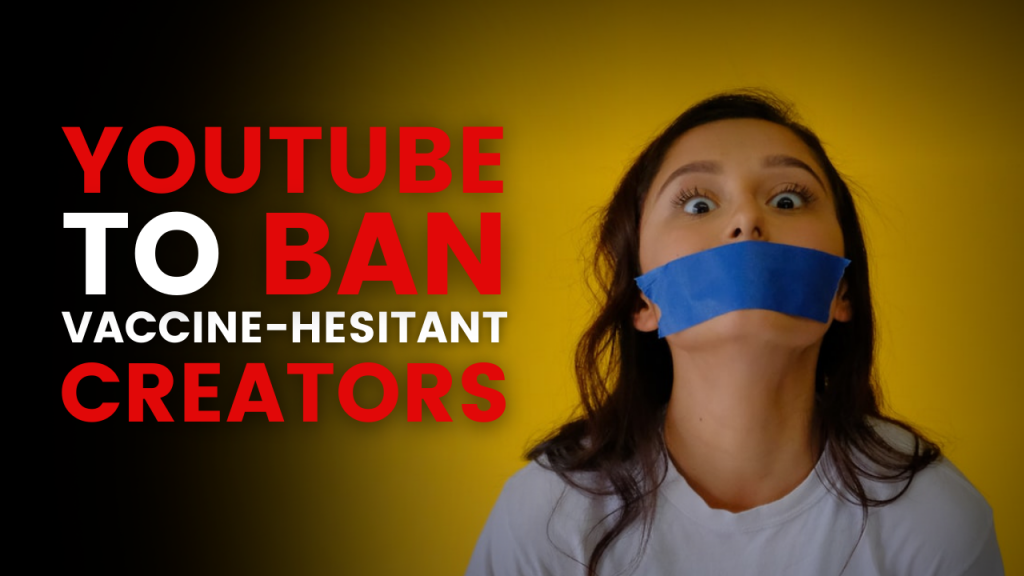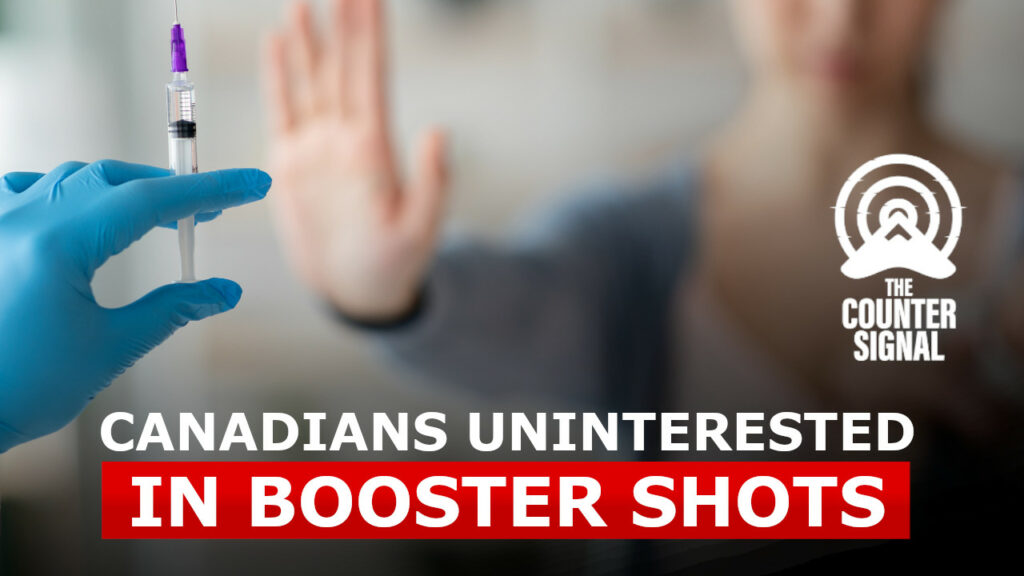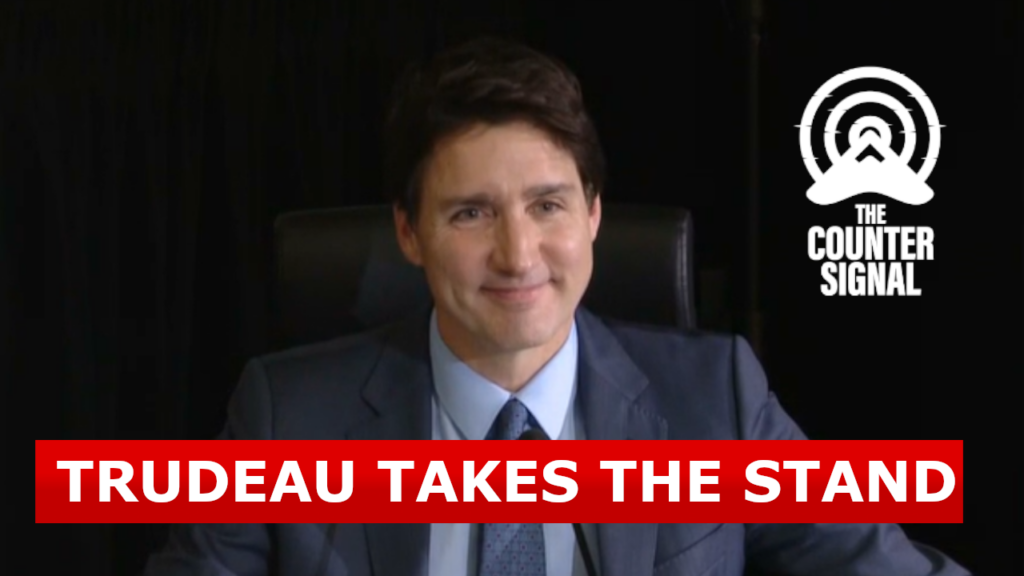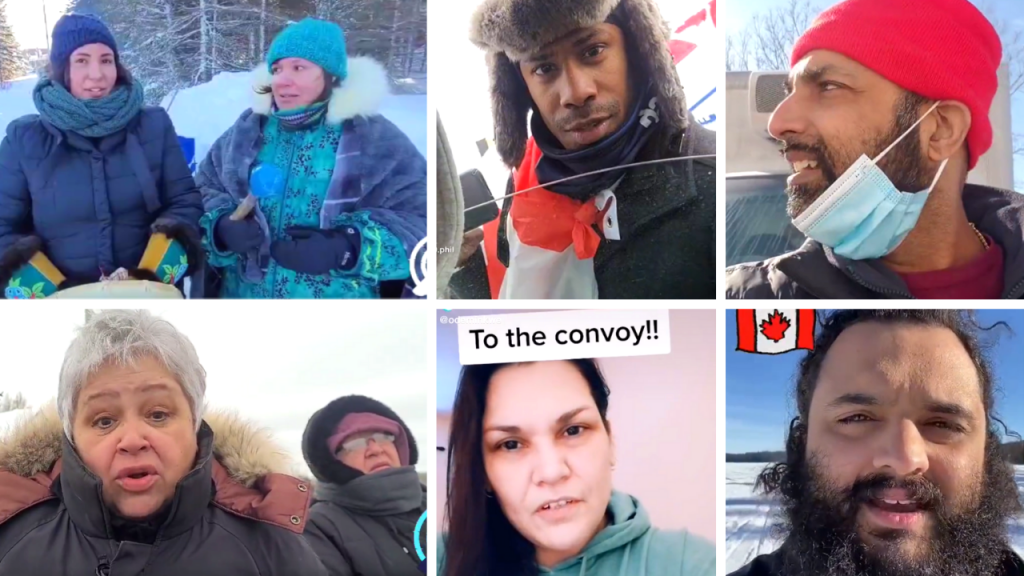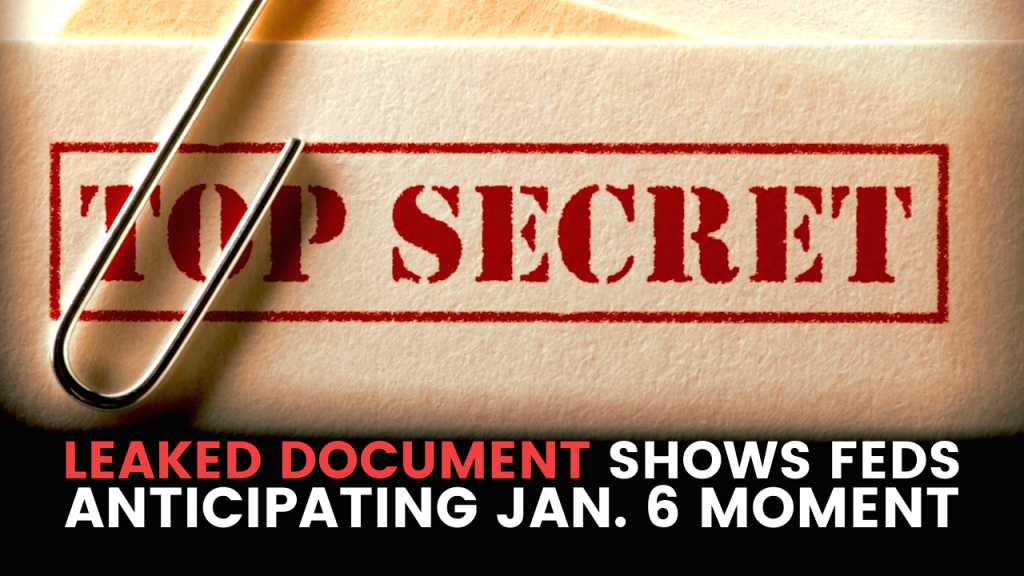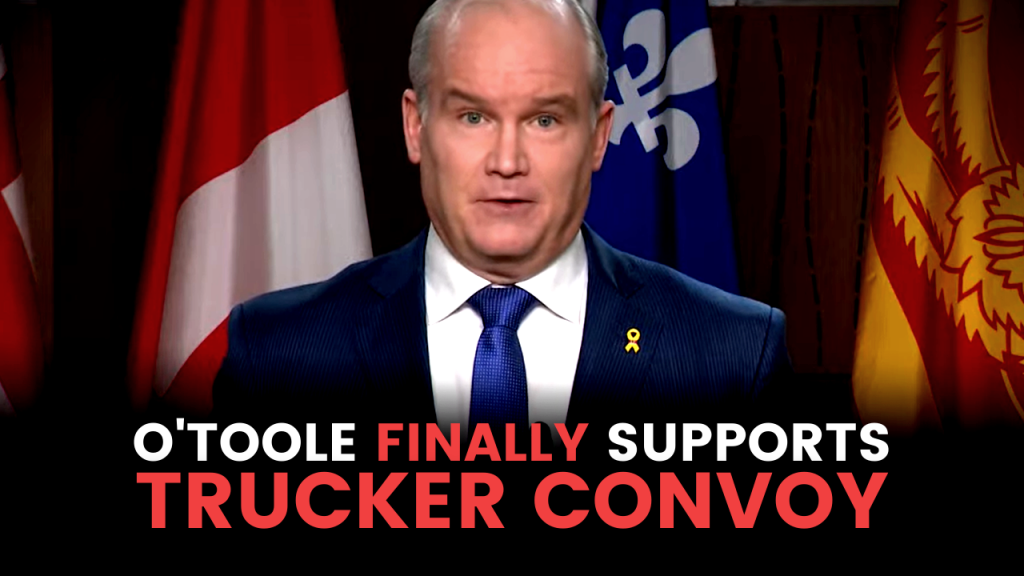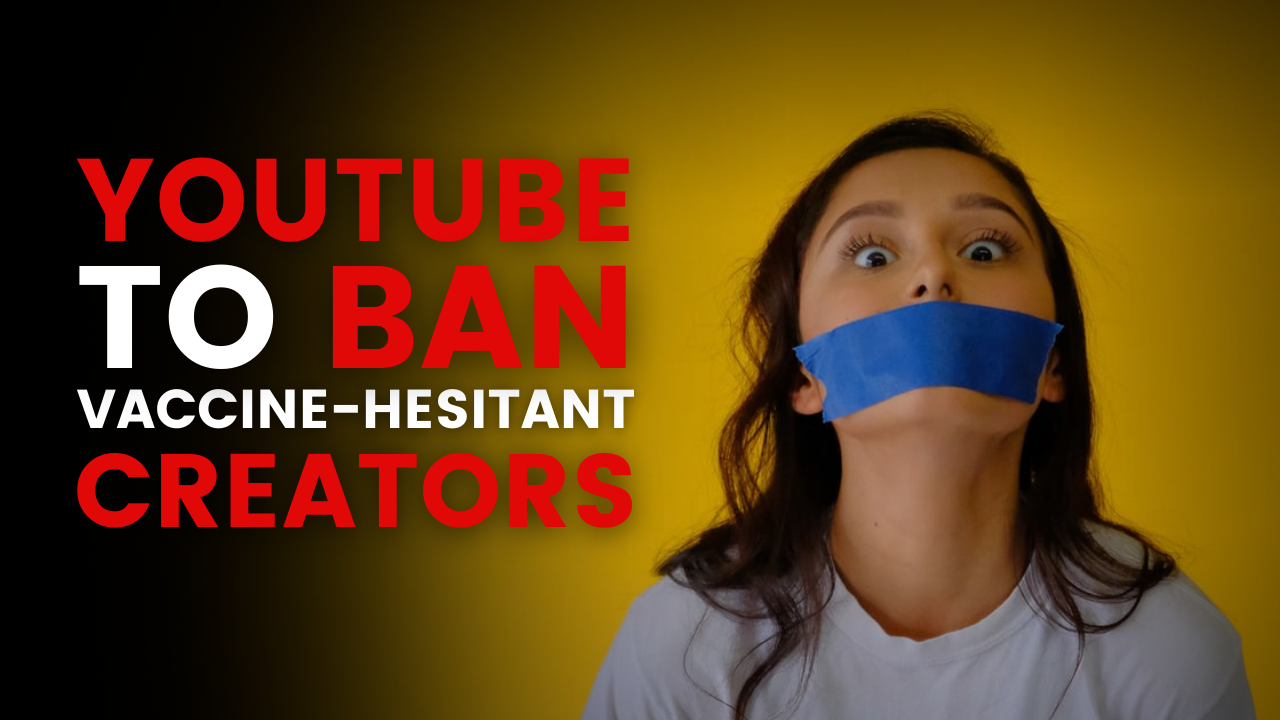
On September 29, YouTube announced that it was expanding its “medical misinformation” policy to prevent users from talking about adverse reactions to vaccines and general anti-vaccine content.
According to the company, they previously updated their policy of “medical misinformation” as soon as the pandemic began, proudly bragging that they have “removed over 130,000 videos for violating [their] COVID-19 vaccine policy” over the last year.
However, beyond removing content, many content creators, such as Lauren Chen, claim that YouTube has been actively shadow banning or otherwise downranking creators who do not toe the Globalist line on vaccines.
This has led many — even those who agree with public health officials — to censor their language on YouTube, referring to vaccines as “Vs”, using air quotes, or utilizing coded language to hold discussions on vaccine efficacy and news related to COVID-19 on the platform.
“Specifically, content that falsely alleges that approved vaccines are dangerous and cause chronic health effects, claims that vaccines do not reduce transmission or contraction of disease, or contains misinformation on the substances contained in vaccines will be removed,” the company said in a blog post.
“This would include content that falsely says that approved vaccines cause autism, cancer or infertility, or that substances in vaccines can track those who receive them. Our policies not only cover specific routine immunizations like for measles or Hepatitis B, but also apply to general statements about vaccines.”
Many utilize YouTube as a source of information rather than a simple means of entertainment. Thus, the widespread censorship of content relaying the potential risks of vaccines — or merely advocating healthy skepticism — raises questions of freedom of information and informed consent.
Moreover, this censorship comes in the wake of a damning meeting of outside experts assembled by the FDA who confirmed many such claims. Indeed, the panel voted 16 to 2 against booster shots, citing a lack of evidence on vaccine efficacy.
With that said, an exception to their new guidelines will likely allow the video documenting the panel’s discussion to continue existing on YouTube.
According to the company, “There are important exceptions to our new guidelines. Given the importance of public discussion and debate to the scientific process, we will continue to allow content about vaccine policies, new vaccine trials, and historical vaccine successes or failures on YouTube. Personal testimonials relating to vaccines will also be allowed, so long as the video doesn’t violate other Community Guidelines, or the channel doesn’t show a pattern of promoting vaccine hesitancy.”
The company has also outright banned several vaccine-hesitant YouTubers, including Robert F. Kennedy Jr. and Joseph Mercola.
“We are united across the world, we will not live in fear, we will stand together and restore our freedoms,” Mercola said in a statement on his website.
Kennedy also weighed in, stating, “There is no instance in history when censorship and secrecy [have] advanced either democracy or public health.”
